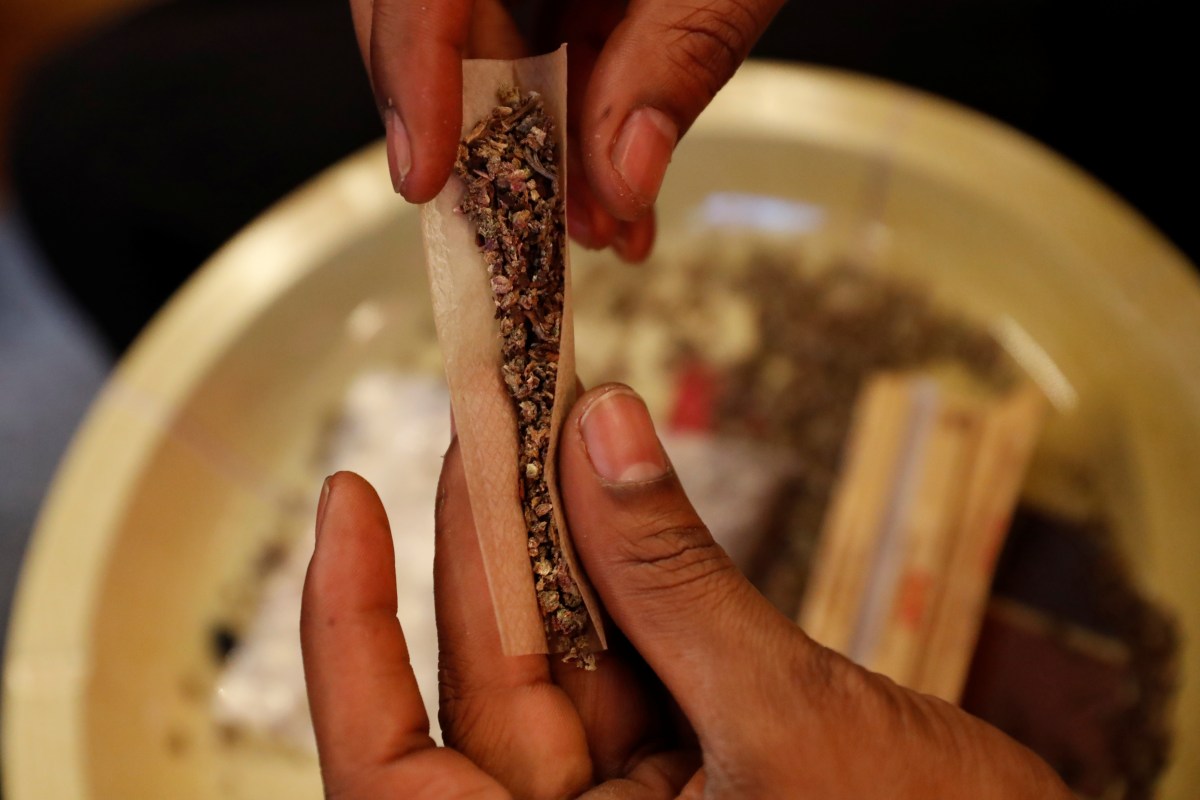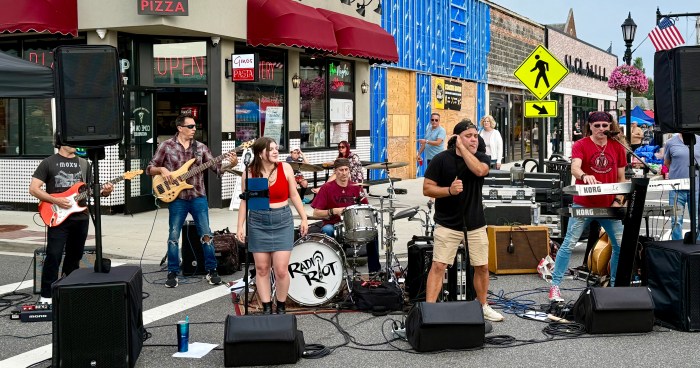New York State on March 31 with one stroke of the governor’s pen ended the prohibition of recreational marijuana for adults. It also opened the door to questions about what employers can and can’t do.
The new law, which limits legal possession to up to 3 ounces of cannabis and 24 grams of cannabis concentrate, outlines basic things that are off limits, although the specifics aren’t yet set.
“Unlawful discrimination will be prohibited and workplace safety protections will be implemented,” the law says in a section addressing employers.
The legislation said that because of “broken, unjust, and outdated“ policies, “New York has become the marijuana arrest capital of the country, with nearly 800,000 marijuana arrests and summonses.” About 60 million Americans lived in states where adult-use cannabis is legal, before the legislation passed.
The law lifts the state’s ban on recreational marijuana for those 21 and older, establishes the Office of Cannabis Management, expands the state’s existing medical marijuana program and establishes a licensing system for producers, distributors, and retailers.
It also creates a program “encouraging individuals disproportionately impacted by cannabis enforcement” to participate in the industry, aiming for half of licenses to go to minority or woman-owned businesses, small farms facing difficulties, and disabled veterans.
Gov. Andrew Cuomo called the rules “comprehensive reforms” that would “address and balance the social equity, safety and economic impacts of legal adult-use cannabis.” But if marijuana is legal for adults, what is legal for employers to do?
“There are numerous employment-related implications to the law, starting from pre-employment drug testing,” said Avrohom Gefen, a partner at Vishnick McGovern Milizio LLP’s Employment Law, Commercial Litigation, and Alternative Dispute Resolution Practices. “If you’re going to administer pre-employment drug tests, you’ll likely get tripped up.”
New York City’s Human Rights law already bans pre-employment marijuana testing, and the new law is expected to essentially extend that prohibition.
“Many handbooks have a drug-testing policy,” Gefen said. “A typical panel of drugs would include cannabis. We’re advising employers to revise that.”
He added that companies can prohibit employees from using marijuana in the office and coming to work under the influence.
Marijuana use remains prohibited under federal law, a policy which can come into play in some ways. State law says employers can’t be penalized for following federal guidelines, such as those for pilots, truck drivers, train operators, first responders and police officers.
“You can test them even without observing any articulable symptoms pre-employment and during employment,” Gefen said.
Cities, towns, and villages can opt out of allowing “adult-use cannabis retail dispensaries or on-site consumption licenses,” but cannot “opt out of adult-use legalization.”
The state Department of Health has been instructed to study detection of cannabis-impaired driving and is expected to “approve and certify a test for the presence of cannabis in drivers.” You’re still not allowed to use marijuana while driving.
“With alcohol, there are bright-line rules,” Gefen said, noting the need for standards. “If you’re over a certain legal limit, you’re considered intoxicated.”
The state plans to set up a program for homegrown marijuana that will allow up to three mature plants and three immature plants for adults over 21 and six mature plants and six immature plants maximum per household.
And it created “automatic expungement or resentencing” for anyone with a previous marijuana conviction that would “now be legal under the law.”
“I don’t think there’s a strong movement to legalize pot at the federal level,” Gefen said. “You have individual states taking action. And the federal government is not taking strong action against it.”
The Shinnecock Indian Nation plans to cultivate marijuana on its reservation in Southampton now that recreational use is legal, as the new rules create some jobs.
“Ultimately, you’ll have big money behind it,” Gefen said of an industry that could employ thousands in the state legally. “As it becomes more acceptable and prevalent, you’re going to see institutional money behind businesses.”
Legalization would bring taxation, projected to reach $350 million annually, and potentially create 30,000 to 60,000 jobs.
“The governor sees tax dollars running to other states, such as New Jersey, which legalized it previous to this,” Gefen said. “They see people crossing over the border to buy marijuana legally. They would lose out on hundreds of millions of dollars in tax revenue each year.”
For more business coverage visit longislandpress.com/category/business
Sign up for Long Island Press’ email newsletters here. Sign up for home delivery of Long Island Press here. Sign up for discounts by becoming a Long Island Press community partner here.




































